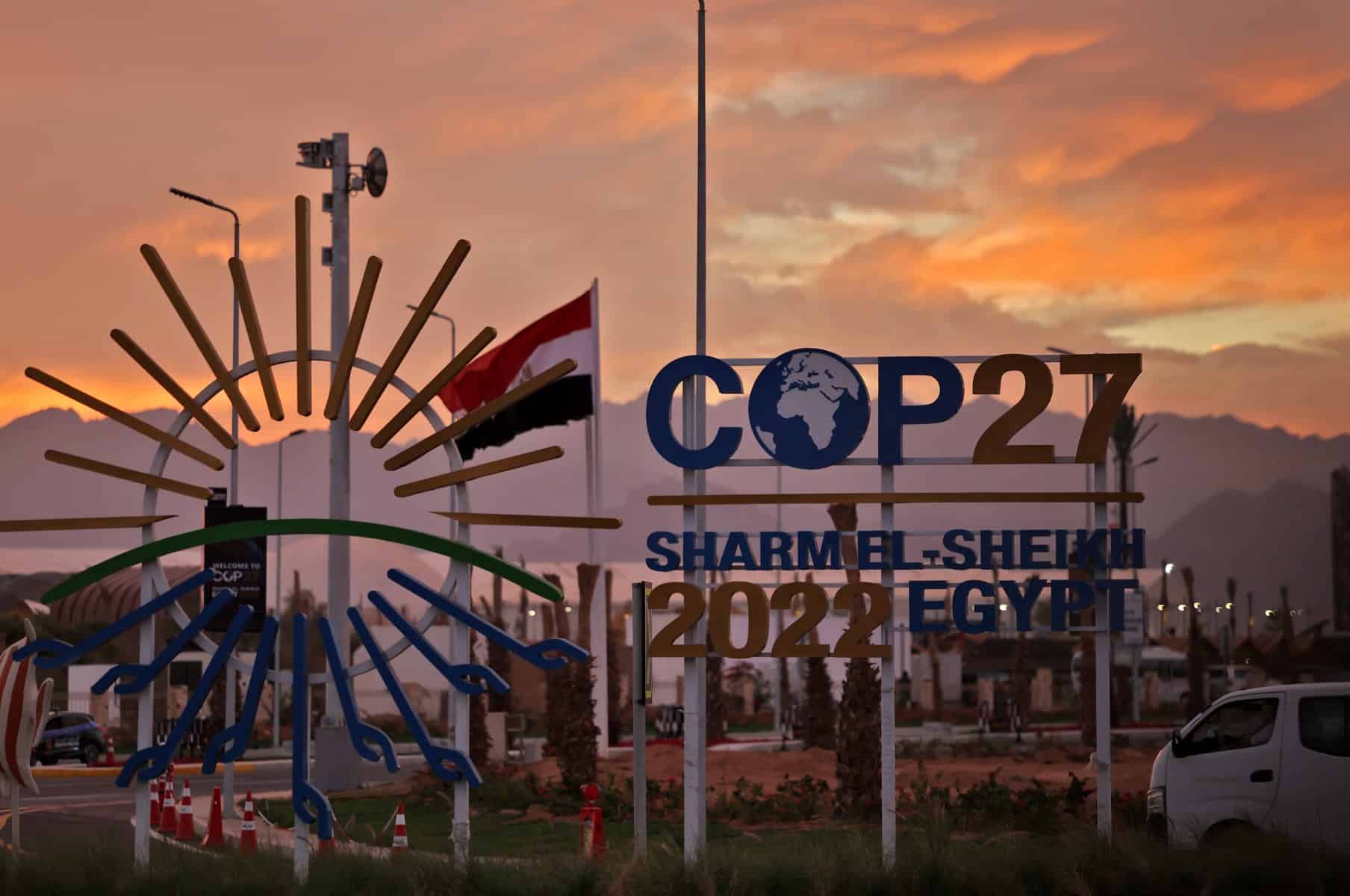The issue of “loss and damage” has been inching its way toward the heart of the multilateral climate agenda for decades, but only this year made it formally onto the negotiating table as the battle lines between rich polluting nations and vulnerable developing countries harden.
The G77+China block of more than 130 developing nations called in a position paper for a special fund “for assisting developing countries in meeting their costs of addressing non-economic and economic loss and damage” caused by extreme weather disasters and rising sea levels.
The need for such “loss and damage” financing, which has emerged as a make-or-break issue at UN talks in Sharm el-Sheikh, is “urgent and immediate,” the largest negotiating bloc at the talks said.
Countries least responsible for planet-heating emissions — but hardest hit by an onslaught of storms, heatwaves and droughts — have been pressing wealthy nations for financing for decades.
The issue has grown ever more urgent in recent months as nations have been slammed by a crescendo of disasters, such as the massive flooding that put a third of Pakistan under water in August and caused up to $40 billion in damage.
How much money would be put into the fund, and where it would come from, were left unsaid, but the G77+China called for the facility to be ready for approval at next year’s COP28 in Dubai.
The United States and the European Union have dragged their feet, fearful that setting up a financial facility could leave them and other rich nations legally exposed to open-ended demands for compensation.
In its own “talking points” published on Tuesday, the EU recognized “the need and urgency” for loss and damage funding, and that “current financing mechanisms are not able to cover all necessary actions.”
But rather than creating a new facility in Sharm el-Sheikh, they favor the launch of a time-bound process to explore a “mosaic of solutions”.
Up to now, the US and the EU have suggested that expanding current channels for climate finance might be a more efficient approach than creating a new one.
Against the backdrop of an unmet promise by rich nations to provide $100 billion a year starting in 2020 to help the developing world green their economies and adapt to future impacts, poor nations are wary of a new timetable.
“They’re afraid they are being taken for a ride,” said a senior negotiator working on the issue.
A third document released Tuesday, prepared by two ministers from Germany and Chile tasked with shepherding talks on loss and damage financing, puts all the options on the table.
It also points to strategic wording that could become the basis of a compromise — a call for a two-year process to determine future “funding arrangements”, which may or may not include a stand-alone facility.








